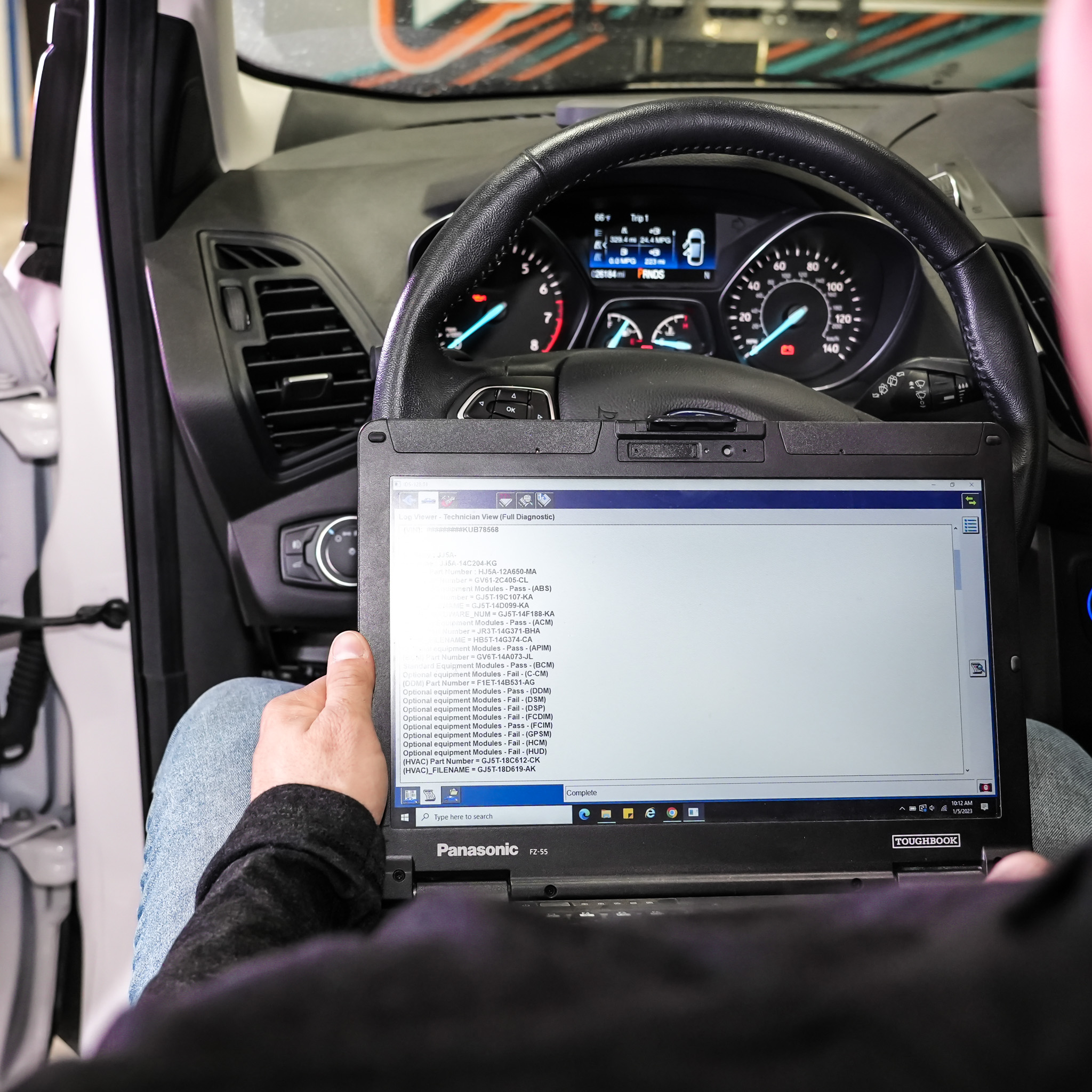This article answers all of the popular questions you may have about broken parking sensors and repairing or recalibrating your parking sensors.
According to an article by Ageas, parking sensors were developed in the 1970s as an aid for blind people. It wasn’t until 2003 that parking sensors first found their way into mass-market vehicles. The Toyota Prius was the first commonly available car to feature sensors in its bumpers.
As new vehicles hit the market, the technology in them is more and more advanced. High-tech safety options that are standard in most brand-new cars add an extra safety measure and provide an extra set of eyes for you on the road. One common technology component in vehicles today is parking sensors. This article answers all the popular questions you may have about parking sensors.
Q: What are parking sensors?
A: According to Wikipedia, parking sensors are proximity sensors for road vehicles that alert the driver of obstacles while parking. These systems use either electromagnetic or ultrasonic sensors.
Q: How do parking sensors work?
A: Parking sensors use ultrasonic waves. The ultrasonic sensors judge the distance between the car and exterior objects by bouncing sound off the objects. The vehicle calculates the distance between the car and the obstacle using these ultrasonic waves and alerts the driver using beeping sounds inside the vehicle. As the successive beeps become closer together, this tells you that you are inching closer and closer to the external object – such as a curb, another car, parking median, or wall. Stop your vehicle when the beeping sounds are constant.
Q: Why is my parking sensor not working?
A: There are multiple reasons why your parking sensor is not working – including a damaged sensor, a malfunctioning control module, a wiring issue, or a dirty sensor surface.
Over time, your parking sensor’s lenses can become dirty or foggy. Wash your car or simply wipe down your sensors with a rag. This will make them ‘see’ clearly again. If there is a break in the wires connecting your parking sensor to the rest of your car’s electrical system, the sensor won’t work. Wiring issues are caused by damage, such as a car crash, corrosion, or exposure to moisture over time.
Q: How to manually check if your parking sensors are working properly?
A: If you’re noticing your parking sensors are acting up and you’re not sure if it’s time to take your sensors in to get inspected by professionals, you can do a simple at-home test.
Park your vehicle on a flat surface with an item placed in front. Slowly drive closer to the vehicle and pay attention to the beeping sounds. The closer you get to the vehicle, the closer together the beeping sounds will be.
Malfunctioning sensors that are beeping out of control are one of the main reasons people bring their vehicles in for maintenance. It’s very intrusive sensors are over-functioning and beeping when they shouldn’t.
Q: Can you replace or recalibrate your parking sensors?
A: A damaged sensor can be replaced and a malfunctioning sensor can be recalibrated to its original condition. Contact Truman’s Automotive and ADAS Calibration. Our teams specialize in Advanced Driver Assistance Systems.
Properly adjusting these systems requires technology and training that many auto body shops choose not to acquire. These systems are costly and require training to learn the equipment. When a sensor is disrupted, it should be recalibrated to restore it to its normal function. As today’s drivers become more reliant on their vehicle’s advanced driver assistance features, it’s extremely unsafe when a sensor is damaged and not functioning properly. When you bring your vehicle to Truman’s, we always perform ADAS calibration before it leaves our shop.
Contact us today to set up an appointment to get your parking sensors recalibrated or replaced by Truman’s Automotive and ADAS Calibrations.

